Fei-Fei Li: the influential scientist known as the ‘Godmother of AI’
Fei-Fei Li, often hailed as the “Godmother of AI,” has become one of the most influential figures in artificial intelligence. She is known for her pioneering work in computer vision, machine learning, and cognitive computational neuroscience. Born in Beijing in 1976 and raised in Sichuan, China, Li’s early life was marked by a comfortable upbringing in a prosperous family. Her father worked in the computer department of a chemical plant, while her mother was a secondary school teacher.
In 1992, at the age of 16, Li’s life took a significant turn when her family immigrated to the United States in search of better educational opportunities. The transition was challenging; her family, once comfortable, now lived in a small one-bedroom apartment, with her father working as a camera repairman and her mother as a cashier. Despite the financial struggles, Li’s determination to succeed academically never wavered. While attending high school, she worked as a waitress and cleaner to support her family.
It was during this time that Li’s talent in mathematics and physics was recognized by her secondary school teacher, Bob Sabella. His encouragement and support played a crucial role in helping her realize her potential beyond her identity as an immigrant. This boost in confidence led her to pursue higher education, and in 1995, Li earned a scholarship to Princeton University, where she began her journey into the world of artificial intelligence.
Fei-Fei Li seeks science chance for all
After completing her undergraduate studies, Li went on to earn a Ph.D. from the California Institute of Technology in 2005. During her doctoral studies, she made significant contributions to developing one-shot learning techniques, which enable AI systems to make predictions based on minimal data—an essential advancement for fields like computer vision and natural language processing.
In 2006, Li conceptualized and developed the ImageNet database, a vast visual dataset that has been instrumental in the evolution of AI, particularly in the development of generative AI models. ImageNet has been referred to as the “eye of AI,” laying the foundation for many technologies driving today’s AI systems.
Li’s career has been marked by a series of impressive achievements. She became the inaugural Sequoia Professor in the Computer Science Department at Stanford University and was inducted into the National Academy of Engineering. Her influence extended beyond academia when she served as a vice president and chief scientist at Google Cloud from 2017 to 2018, further solidifying her status as a leader in the AI field.
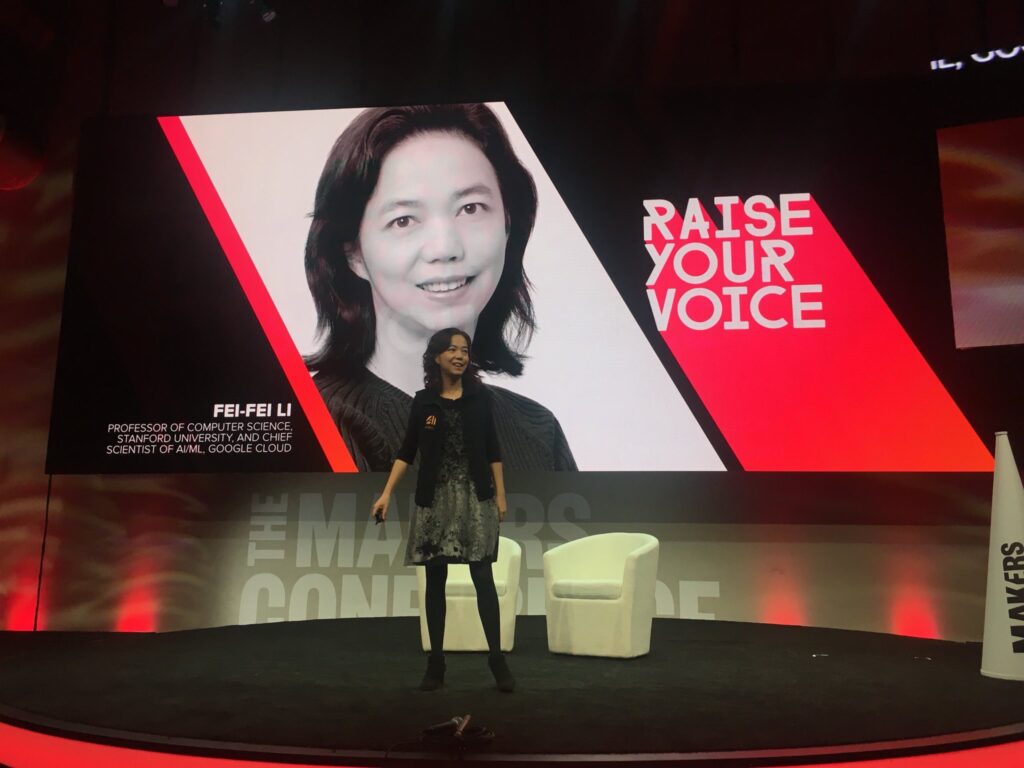
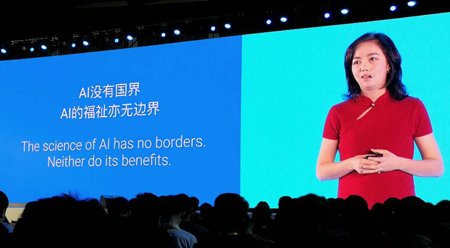
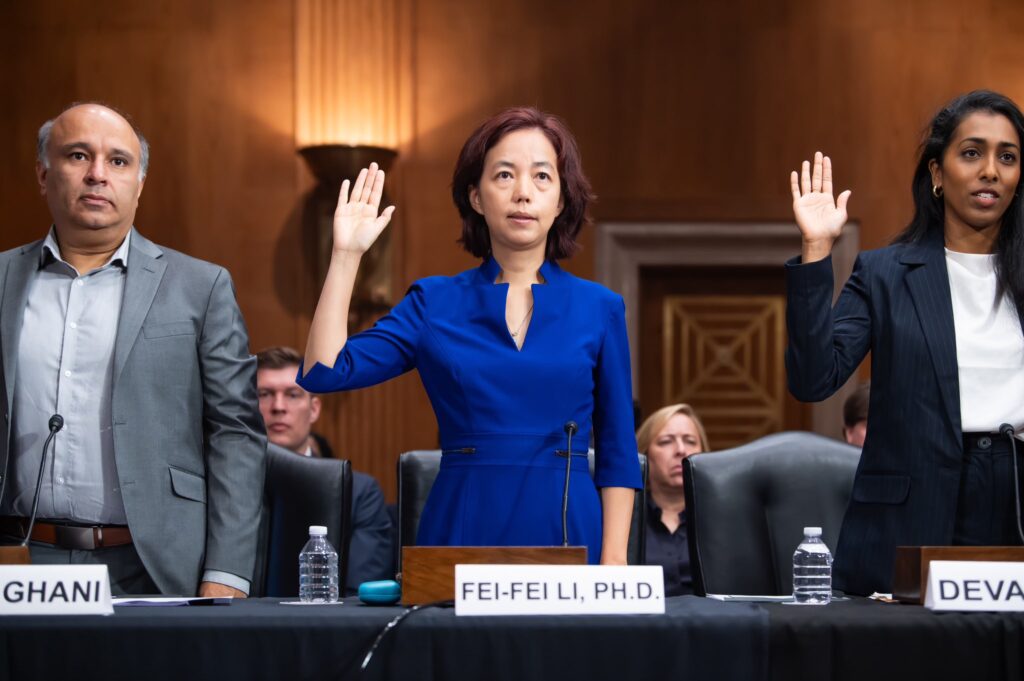
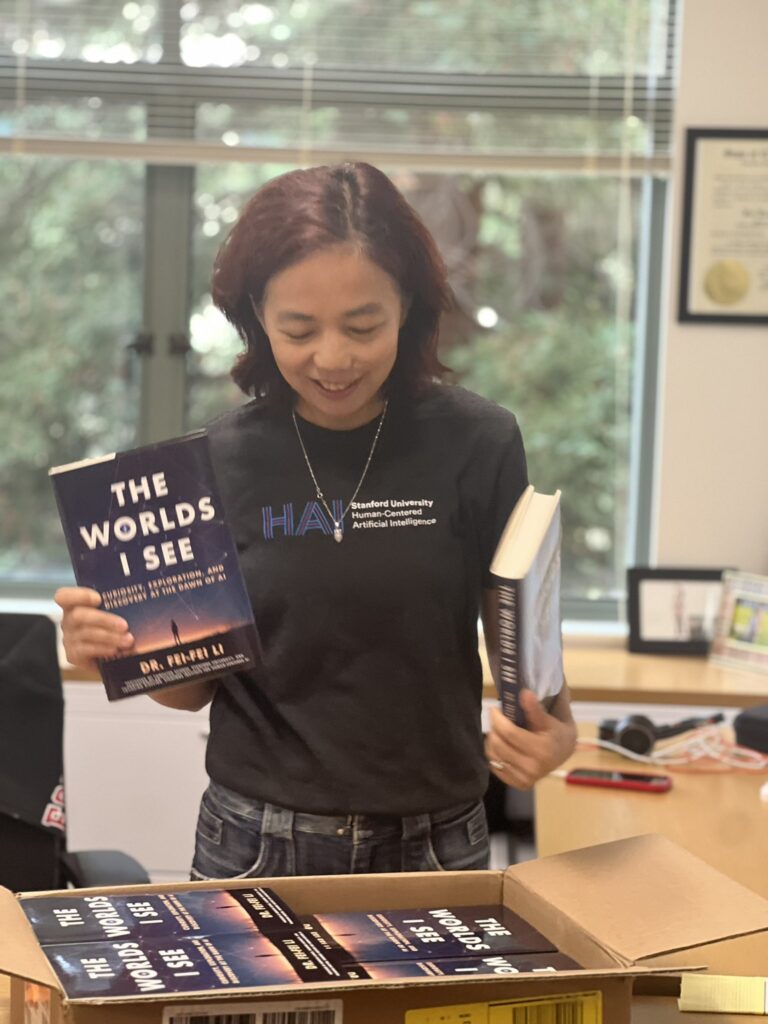
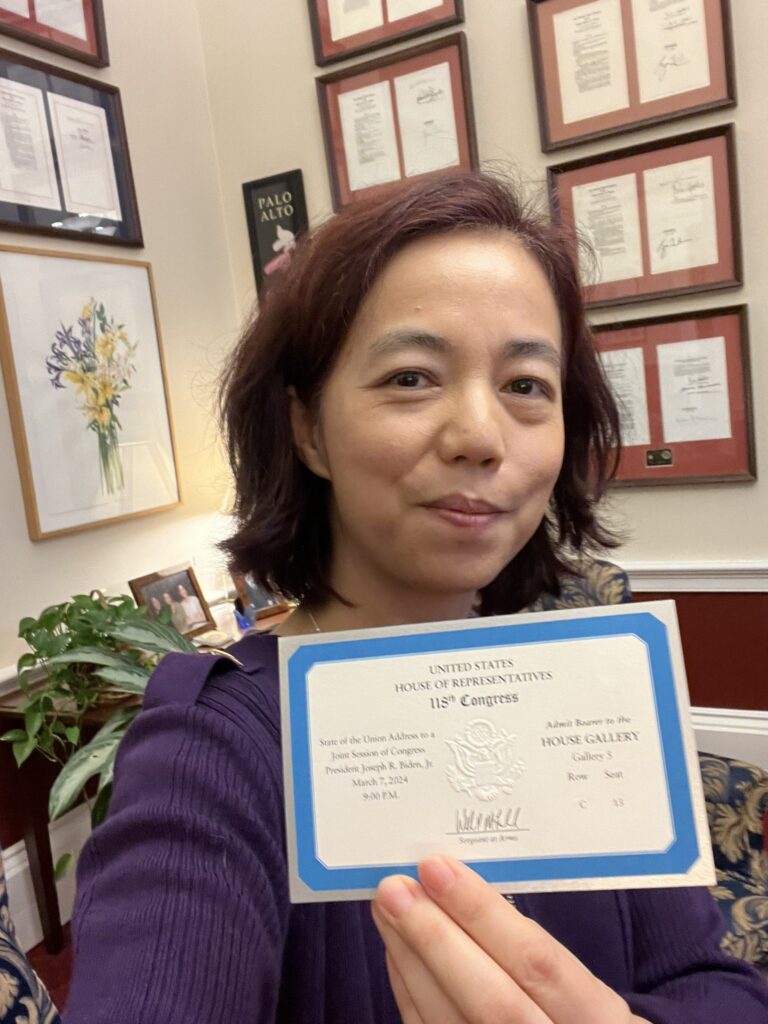

Despite her success, Li has remained committed to advocating for gender equality and racial diversity in technology. She has been vocal about the underrepresentation of women and minorities in AI, highlighting that women earn only 18% of computer science bachelor’s degrees in the U.S., even as the demand for these skills grows. Li founded AI4ALL in 2017 to address this disparity a non-profit organization dedicated to increasing diversity and inclusion in AI by providing educational opportunities for young women and minority students.
World Labs is backed by Andreessen Horowitz and Radical Ventures
In recent years, Fei-Fei Li has also ventured into entrepreneurship. In 2023, she founded World Labs, a startup focused on developing AI models capable of understanding and replicating the three-dimensional physical world. Despite being in its early stages, World Labs quickly gained attention, raising over $100 million in funding and achieving a valuation exceeding $1 billion within just four months. The company’s ambitious goal is to advance “spatial intelligence,” which could revolutionize industries such as robotics, augmented reality, and healthcare by enabling AI to interact more effectively with real-world environments.
Li’s journey from a young immigrant struggling to adapt to a new life in the United States to becoming a trailblazer in AI is a testament to her resilience, intellect, and commitment to making the field of AI more inclusive. Her story is one of scientific achievement, breaking down barriers and creating opportunities for the next generation of AI researchers, especially those from underrepresented groups. In her autobiography, The Worlds I See: Curiosity, Exploration, and Discovery at the Dawn of AI, Li reflects on her experiences and the importance of female voices in shaping the future of AI. Her work inspires and paves the way for a more diverse and equitable future in technology.



